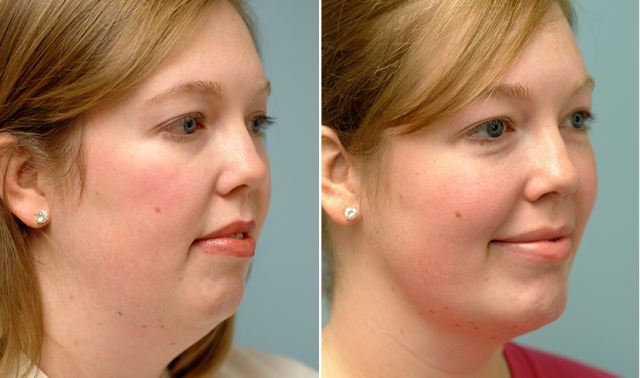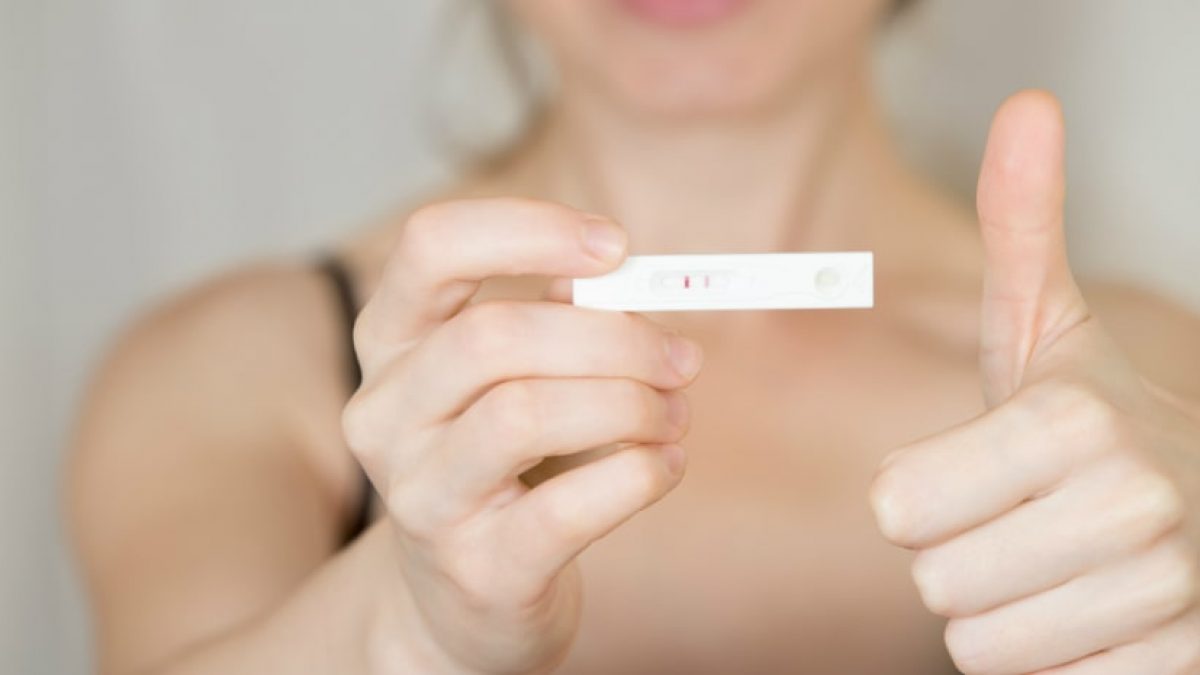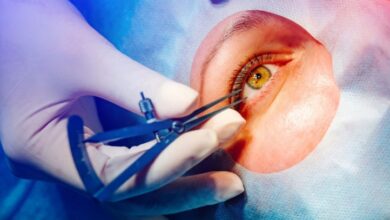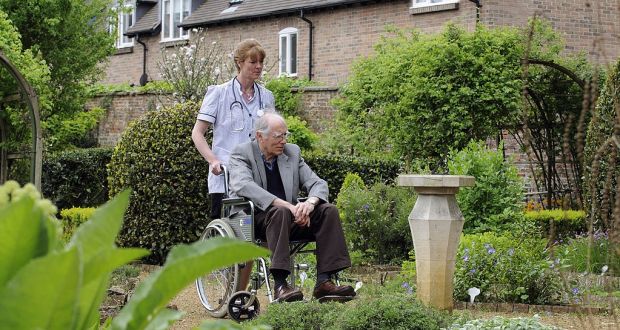Battling Low Testosterone? This May Be How to Treat It

Low testosterone (hypogonadism) is a condition where the male reproductive organs (the male sex hormones) don’t produce sufficient testosterone (a male hormone), or the pituitary gland does not release enough of it. Men with hypogonadism experience difficulty performing sexually, having erections and maintaining an erection long enough to complete sex. In men, low testosterone also helps to cause gynecomastia, which is the development of female-like breast tissue in men. Other symptoms of low testosterone include loss of body hair, acne, and diabetes.
How does low testosterone play a role in the development of male sexual disorders? According to some research, low testosterone prevents sperm from reaching the egg cell, as well as maintaining the levels of the androgen, which can affect fertility, and may require low testosterone therapy known as low-t treatment. Testosterone also plays a role in muscle mass development. Adequate levels of testosterone help to develop and maintain:
In addition, low testosterone helps to reduce bone mass, and an excess of it may lead to reduced bone density. This is true even if a person has normal or high blood calcium levels. It is possible that the low testosterone may be related to a calcium deficiency, too.
Besides these negative effects on libido, low testosterone levels can result in increased body fat. Testosterone is associated with increased energy levels and body fat levels. The excess body fat reduces resting metabolism, which in turn causes more calories to be consumed than are burned. As a result, a person with low testosterone levels often has difficulty controlling his or her food cravings. Even when dieters try to control their appetites, they often have a hard time sticking with a diet due to increased body fat. This can add about 25 pounds to the person’s total body weight, even if they do not overeat.
If you think you are suffering from low testosterone levels and would like to try out some low testosterone replacement therapy, then your first step should be to consult a doctor. Your doctor will be able to check your blood samples for androgen levels and determine whether or not testosterone replacement therapy is indicated for you. If there is still no positive test result, or your doctor finds out that your testosterone level is normal, then he may suggest a different type of treatment. For instance, he might tell you to use a non-testosterone oral medication to help balance out your hormones.
Fortunately, there are many options available for low testosterone levels today. You can find many over-the-counter supplements at your local drugstore. Of course, if your doctor finds out that your blood chemistry is all right, then he may recommend a prescription-strength form of testosterone. There are actually hundreds of brands to choose from, depending on your age and the severity of your condition. They come in various strengths and concentrations, with some stronger than others. The highest concentration of testosterone is set at 300 nanograms per deciliter of blood, while the lowest is below 10 nanograms per deciliter.
Low testosterone (male hypogonestrogen) is a medical condition where the testes (male reproductive glands) don’t produce sufficient testosterone (a male hormone). In males, testosterone helps to develop and maintain: Muscle mass. Proper levels of oxygen in the blood. Sperm count.
Men with low testosterone have a variety of symptoms. Frequent mood swings. Feelings of irritability and anxiety. Feelings of depression and low levels of sexual desire.
The reduced levels of testosterone plays an important role in some medical conditions. Among them are erectile dysfunction, decreased sperm count, loss of muscle mass, osteoporosis and increased susceptibility to diseases such as Alzheimer’s, arthritis and diabetes. There are many causes of these conditions. Some of the common causes include: High levels of estrogen during pregnancy or menopause. Decreased levels of testosterone or decreased absorption of testosterone into the body. Serious disease, such as cancer and diabetes or infection.
The symptoms of low testosterone can be difficult to detect. Sometimes, they are hard to distinguish from normal male sexual dysfunction. For example, men who have had organ transplants or prostate surgery may show no symptoms at all. But these patients often have other problems, such as: Depression, impotence, hot flashes and frequent urination. If low testosterone is left untreated, it can lead to low sperm count, reduced muscle mass, reduced libido, decreased bone density and increased risk of erectile dysfunction.
One of the primary consequences of low testosterone is body fat. Because low levels of this hormone to cause reduced levels of energy, people who suffer from this condition lose weight. The most common symptom of body fat is loss of bone density. As men age, their bodies produce less testosterone, so they become older. Body fat also increases with age, causing low energy levels and increasing chances of poor memory, poor concentration and moodiness. In addition, muscle loss and decreased levels of testosterone also cause decreased levels of body fat.
If your doctor has recommended treatment for low testosterone, there are several treatments available. These include: testosterone therapy, oral medications, and alternative treatments such as acupuncture, herbs, nutritional supplements and massage therapies. It is best to consult with a medical professional to discuss all available options for treatment.
If your doctor has recommended testosterone replacement therapy (TRT), you should start a course of this treatment once you start experiencing symptoms such as dullness of sexual desire, decrease in muscle mass and increased loss of libido. Testosterone replacement therapy should be considered only if your doctor has determined that your low testosterone symptoms are caused by a disease. Once you start testosterone replacement therapy, you will have to use it until the doctor advised to stop. If your body does not respond well to TRT, your doctor may consider other methods or consider testosterone injections for a certain period of time.
If your doctor has recommended herbal supplements, you should ask your doctor about which ones are effective for reducing low testosterone levels. Although some herbs can increase libido, many have been shown to have negative effects on bone density. Vitamin D plays an important role in bone health, so it is recommended that you eat lots of vitamin D-rich foods such as eggs, milk and fish. You should also take multivitamins daily to supplement for the lack of testosterone in your body.
Luteinizing hormone-releasing hormone (LHRH) can be used to treat low testosterone levels. This hormone is released when a man becomes sexually aroused. It triggers the production of testosterone in the body, which helps increase sex drive and muscle mass. However, LHRH has been shown to increase sperm count in men, which may lead to fertility problems. Because of this, a LHRH-based treatment should not be used to treat symptoms of low testosterone levels.




